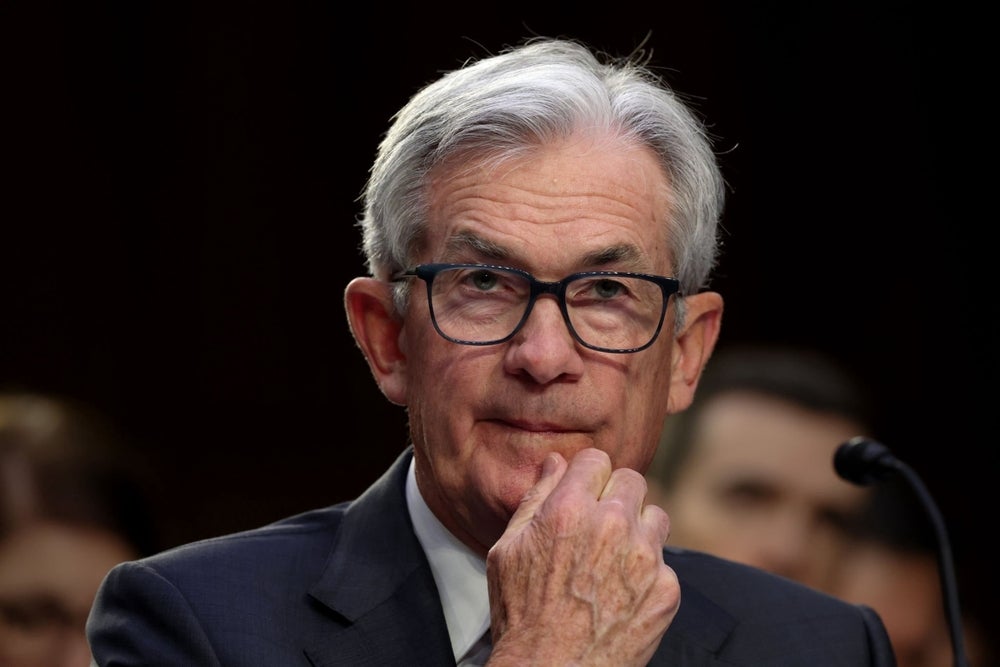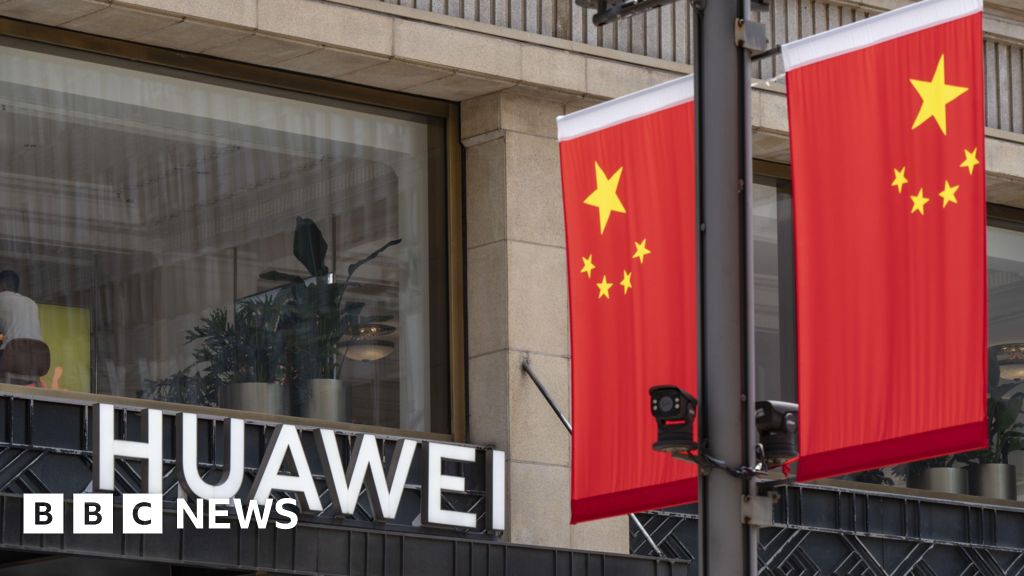Reuters Videos
Explainer: What does EU’s climate masterplan entail?
The EU has a climate masterplan to cut emissions drastically over the next decade.It’s called ‘Fit for 55’ – a fitting name for the bloc’s goal to slash 55% of its greenhouse gas emissions by 2030.[European Commission President, Ursula von der Leyen]: “The 2020s is the make or break decade, and that’s why Europe has committed to reduce our emissions by at least 55% by 2030 compared to 1990 levels.” Here’s what it looks like.The European Commission will propose 12 policies, targeting energy, industry, transport and the heating of buildings.The list of proposals is long. Tougher EU CO2 standards for cars could effectively ban sales of new petrol and diesel cars in 2035. EU countries will face more ambitious targets for expanding renewable energy.The measures aim to encourage companies and consumers to choose greener options.For example – a leaked draft of one proposal would tax polluting jet fuel for the first time and give low-carbon aviation fuels a 10-year tax holiday. A revamp of the EU carbon market is also expected to hike CO2 costs for industry, power plants and airlines, and force ships to pay for their pollution.Brussels will also announce the details of its world-first carbon border tariff, targeting imports of goods produced abroad with high emissions such as steel and cement. That has unnerved EU trading partners, including Russia and China.The political road ahead will likely be rough, as EU countries and the European Parliament negotiate the proposals.Already, the plans have exposed familiar rifts between richer western and Nordic EU states where electric vehicle sales are soaring, and poorer eastern countries that are worried about the social cost of weaning their economies off coal.Policymakers are also braced for a storm of industry lobbying. Some of Europe’s steel and cement sectors due to be covered by the carbon border tariff have said they do not want to be included.Brussels says it is time to take Europe’s climate policies global.This world-first package would also push EU industry to invest in expensive green technologies – giving European firms a competitive edge in global markets and burnish the EU’s global climate leadership position.





